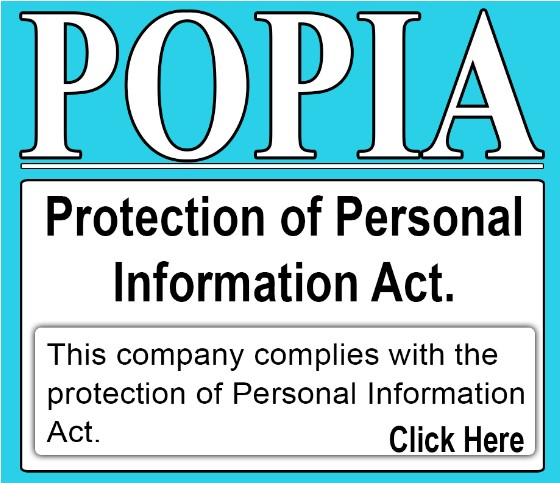AGRI-PULSE – RUSTENBURG - The North West Province has recorded four Highly Pathogenic Avian Influenza (H5 and H7) cases. All these cases are in the Bojanala Platinum District Municipality. These outbreaks were confirmed through the Polymerase Chain Reaction (PCR) method which is definitive.
These farms are layer farms and are also registered as ZA compartmentalized facilities with the National Department of Agriculture, Land Reform and Rural Development (DALRRD). As precautionary measures, quarantine notices have been issued and a proposal for culling the affected farms has been issued to them.
The Province is currently maintaining the quarantine until a positive response has been received from the National Director of Animal Health (NDAH) at DALRRD. Provincial Veterinary Services officials are on the ground investigating possible outbreaks in the region of Dr Kenneth Kaunda District and in other parts of the Bojanala Platinum District Municipality.
Avian influenza is a highly contagious viral disease that affects several species of food-producing birds, pet birds, and wild birds. Occasionally, other mammals including humans, may also contract avian influenza.
H5 and H7 avian influenza are classified into two categories according to the severity of disease it causes in poultry namely low pathogenic avian influenza (LPAI) and highly pathogenic avian influenza (HPAI). LPAI strains cause few or no clinical signs in poultry while HPAI strains may cause severe clinical signs and potentially high mortality rates among poultry.
To prevent the spread of the virus, farmers are advised to only accept eggs from reputable suppliers who have a track record of good biosecurity, to pick up and clean faeces droppings from wild birds around chicken houses as they are carriers of the virus, to cover open patios of free-ranging birds and close openings on roofs of chickens where wild birds can come as they are attracted by chicken feed.
Farmers are also advised that South Africa does not vaccinate for HPAI and should rather increase biosecurity to prevent the disease from being introduced in their establishments.









